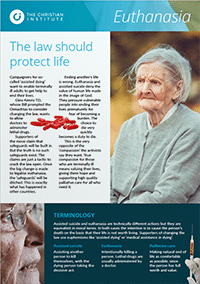More than 3,000 cannabis farms were raided last year, but detectives fear they are nowhere near shutting down the majority of them, a charity has warned.
The Crimestoppers charity issued the warning as part of its National Tackling Drugs Week.
There are concerns that a more potent form of cannabis called skunk is becoming more widely available, with experts warning of the future mental health problems smokers risk facing.
Despite being criticised last year for opposing stricter laws on cannabis a spokesman for the Advisory Council on the Misuse of Drugs (ACMD) pointed to six studies worldwide linking smoking cannabis to an increased risk of developing schizophrenia.
Les Iverson said: “The big worry is to do with mental health issues – there is an acute psychosis you can get with cannabis if you take too much and it can result in admission to a hospital and require treatment with anti-schizophrenic drugs.”
He continued: “That’s not uncommon – paranoia, crazy delusions, aggression. It’s a very unpleasant reaction not only for the user but those around them.”
According to a study carried out last year by the Institute of Psychiatry at Kings College London, smokers of skunk are 18 times more likely to be psychotic.
The Government recently tightened the law on cannabis, but critics say its approach is still too soft.
In April it was revealed that the Government’s drugs helpline, which received £6.5 million in public funding in 2008-09,was telling 13-year-olds that cannabis is less harmful than alcohol.
In January reports emerged of schoolchildren being given a booklet containing advice on how to smoke cannabis.
The 20-page booklet, entitled Know Cannabis, informed readers that cannabis can make music “sound better” and explained how to roll a joint.
The fact that cannabis is illegal was not pointed out until over halfway through the booklet.
Almost half of 15 and 16-year-olds admit to using cannabis, according to a United Nations report, making UK teenagers the worst in Europe for cannabis use.
Figures released by the Government showed that significantly more people had been diagnosed with psychosis and schizophrenia since the law on cannabis was relaxed in 2004.
In 2006-7, there were 213,624 cases of psychosis diagnosed, compared with 176,776 the year before the law changed. Similarly, diagnoses of schizophrenia were up from 40,763 in 2003-4 to 45,955 in 2006-7.

